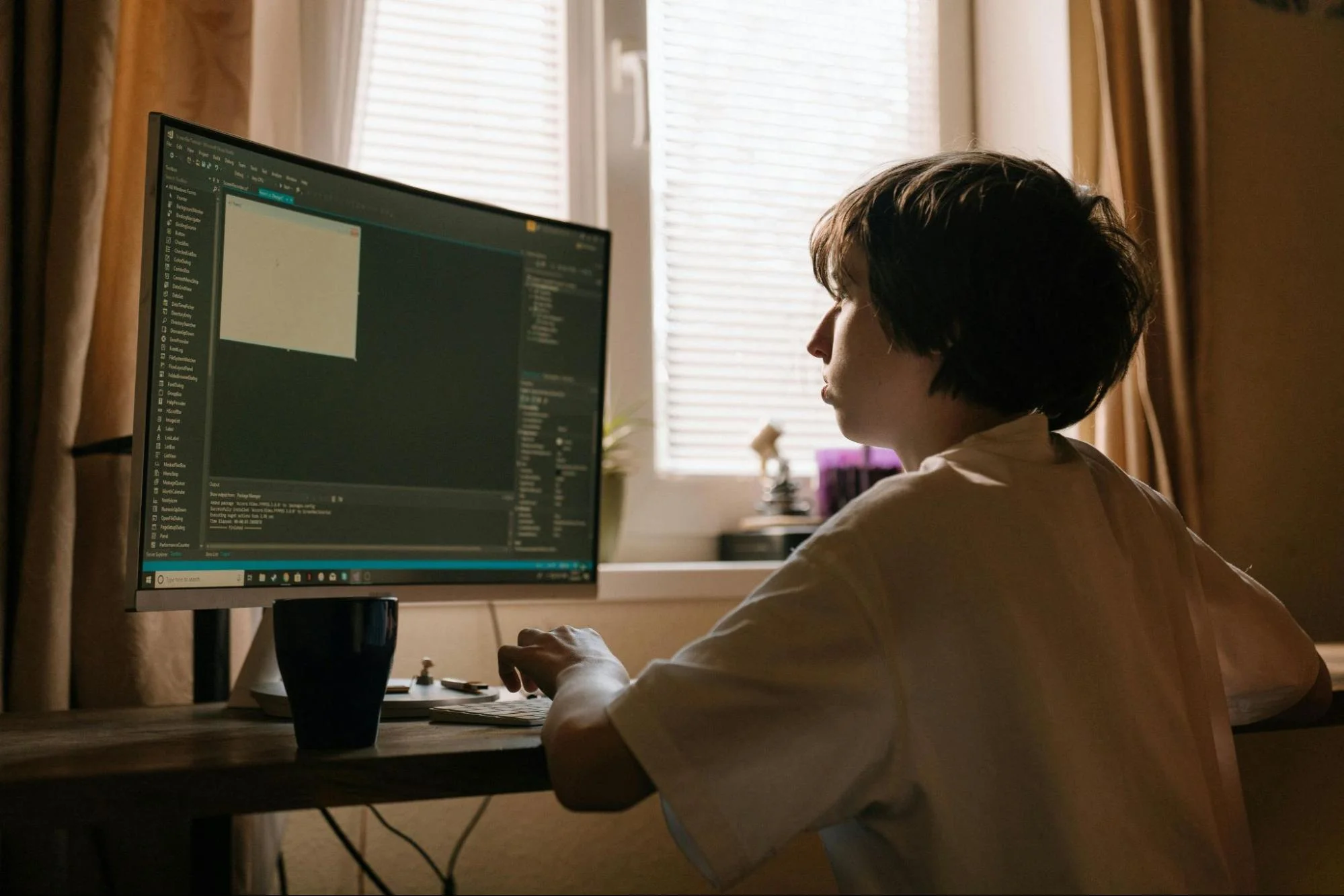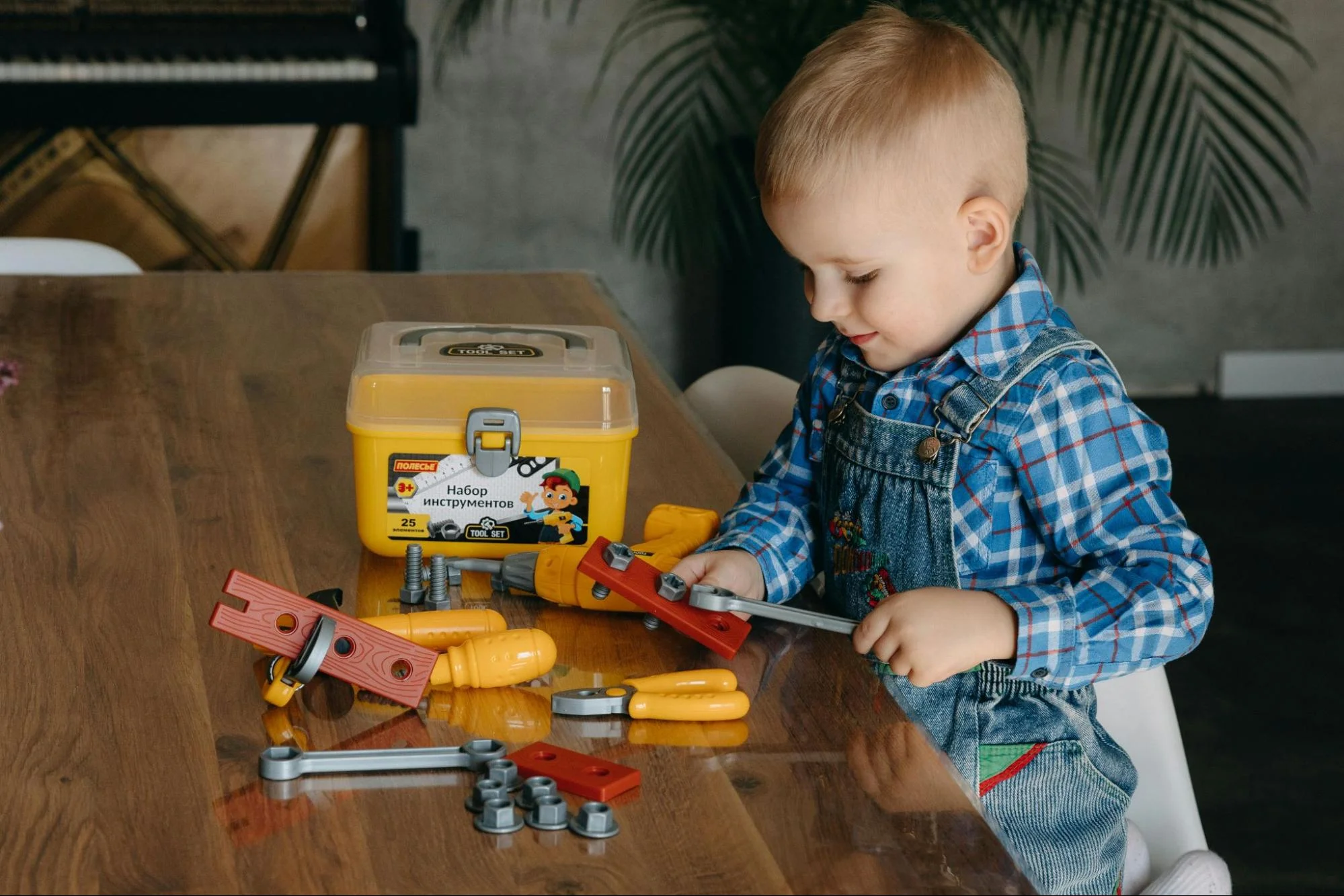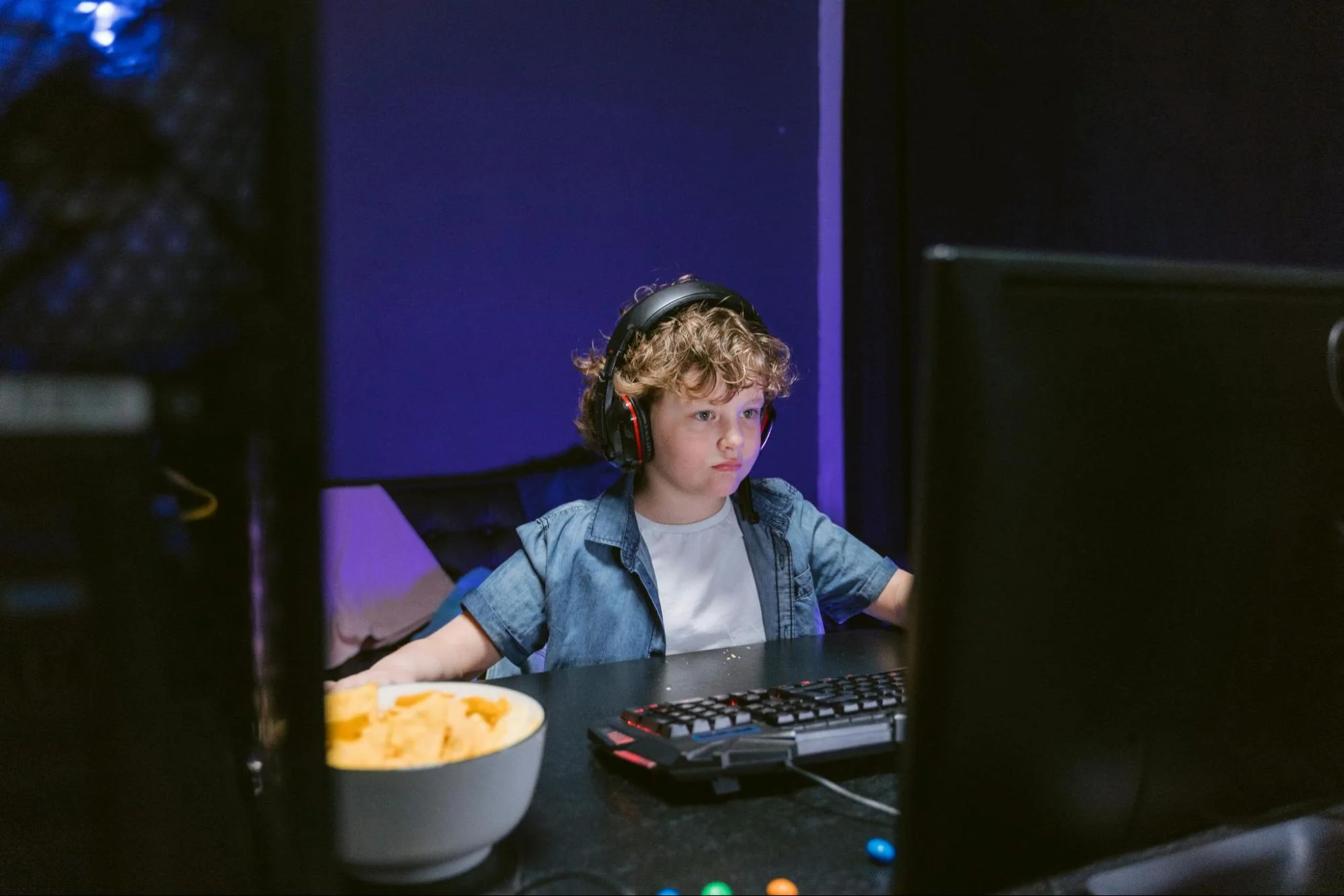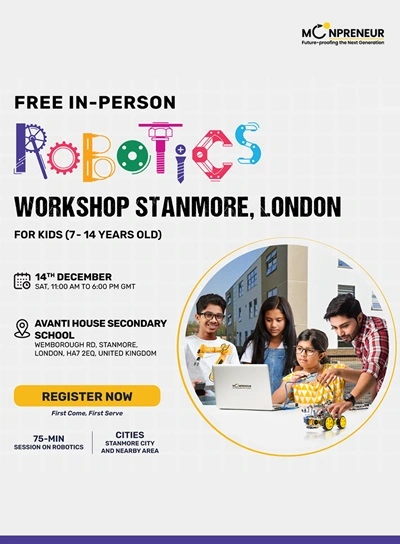Update: This article was last updated on 26th September 2024 to reflect the accuracy and up-to-date information on the page.

Very well said by Margaret Mead, “Children must be taught how to think, not what to think”. Teaching kids problem-solving at an early age is as important as feeding them with the proper nutrients. But too often, we give children answers to remember rather than problems to solve. Here is when coding or coding classes for kids can be a transformative experience in their lives.
It equips them with problems that they are curious to solve. Beyond just learning a programming language, coding serves as a powerful tool for developing problem-solving skills that are invaluable for them in various aspects of life.
Millions of students are excited about coding. Moonpreneur does not require prior coding experience to teach coding for kids and is designed for schools, clubs, and home use.
In this blog, we’ll talk about a few skills that will be embedded in your child automatically as soon as they get into the codes of coding. Coding for kids introduces them to critical thinking, problem-solving, and creativity.
Recommended Reading: How Coding Skills Prepares Kids For Tomorrow’s Jobs
Why is Coding Beneficial for Kids?

Coding is more than just typing lines of code into a computer; it’s a structured way of thinking and problem-solving. Introducing coding to children at an early age provides them with a unique set of skills that extend far beyond the realm of technology. The process of coding involves breaking down complex problems into smaller, more manageable parts and finding creative solutions. These problem-solving skills are transferable to many other areas of life.
Problem-Solving Skills that are Enabled in Kids Through Coding

1. Logical Thinking and Algorithmic Mindset
Coding requires a logical approach to problem-solving. Children, when exposed to coding, learn to think step-by-step, breaking down a problem into smaller tasks. This process of decomposition teaches them to analyze a situation and devise a systematic plan of action – a valuable skill in tackling any challenge.
2. Trial and Error: Learning from Mistakes
Coding is an iterative process, and children quickly learn that making mistakes is an integral part of the learning journey. Every bug encountered is an opportunity to learn, refine, and enhance problem-solving skills. This trial-and-error approach not only teaches perseverance but also nurtures a growth mindset, instilling in children the belief that challenges are opportunities for improvement.
By debugging their code, kids learn to analyze errors, identify their sources, and implement corrections. This problem-solving process fosters resilience and adaptability, qualities that are essential in navigating the complexities of the modern world.
3. Creativity and Critical Thinking
Coding is not just about following predefined rules; it involves creativity and critical thinking. As children write code to create programs, games, or animations, they are encouraged to think outside the box. Coding projects often require innovative solutions to achieve the desired outcome, fostering creativity and the ability to approach problems from multiple perspectives.
Moreover, coding encourages kids to think critically about the efficiency and elegance of their solutions. They learn to evaluate different approaches, considering factors like speed, resource utilization, and simplicity. This critical thinking process is applicable in various scenarios, from solving mathematical problems to making informed decisions in everyday life.
4. Collaboration and Communication Skills
Coding is not a solitary endeavor; it often involves collaboration with peers on projects. Whether it’s pair programming or group projects, children learn to communicate their ideas, listen to others, and work as a team. These collaborative experiences enhance their interpersonal skills, preparing them for future endeavors where teamwork is essential.
Through coding projects, kids learn the importance of clear communication, as they need to convey their ideas and intentions to others. This ability to articulate thoughts and ideas is a valuable skill that extends beyond the coding environment, proving useful in academic, professional, and personal settings.
5. Analytical and Systematic Problem-Solving
In addition to logical thinking, creativity, and collaboration, coding for kids instills the essential skill of computational thinking. This cognitive skill involves approaching problems in a way that a computer could solve them. By breaking down complex problems into smaller, manageable parts and devising systematic solutions, children develop analytical thinking skills that extend beyond coding and permeate various aspects of their academic and personal lives.
6. Prepares for Future Careers
With technology becoming an integral part of nearly every industry, coding is a highly valuable skill for the future job market. Even if kids don’t become professional programmers, understanding code opens up many career opportunities.
7. Improves Math and Logical Thinking:
Coding involves working with patterns, sequencing, and algorithms, which strengthens math skills and enhances logical thinking. It gives kids a practical, hands-on way to apply what they learn in math.
Recommended Reading: 10 Best Coding Books Your Child Should Read
Try these coding activities to nurture your child’s problem-solving skills:
- Coding Puzzles: Use online platforms like Scratch or Blockly for fun, interactive puzzles.
- Build Simple Games: Let them create basic games like Tic-Tac-Toe or a maze.
- Robotics Kits: Use LEGO Robotics kits for kids to introduce coding in a hands-on way.
- Coding Challenges: Participate in coding challenges or competitions for kids.
- Math-Based Coding: Integrate math problems into coding exercises to enhance logic and reasoning.
Conclusion
As parents, educators, and policymakers recognize the transformative potential of coding in shaping the future workforce, integrating coding into educational curricula becomes increasingly crucial. By investing in coding education for children, we are not just preparing them for a digital future; we are equipping them with the problem-solving skills necessary to thrive in a rapidly evolving world. Coding is not just about programming computers; it’s about empowering young minds to tackle challenges with confidence, creativity, and resilience.
Looking for a comprehensive parenting guide to ensure you are on the right track? Explore a wealth of parenting wisdom and educational insights in Moonpreneur’s blogs. Additionally, you can join our programs that nurture the next generation of innovators. Book a free trial now!

















The idea of fostering resilience through trial and error is something I hadn’t considered, and I think it’s a great mindset for kids to develop early on.Also, I tried using Scratch to create an interactive story with my child. After facing challenges with character animations and user interactions, they successfully debugged the code and added fun features. It sparked their creativity and taught them patience, making it a rewarding experience when they shared the final story.
There could have been more concrete examples or real-life success stories to make it more relatable. Also, the suggestions for activities are nice, but they seem a bit repetitive with what’s commonly found elsewhere online.